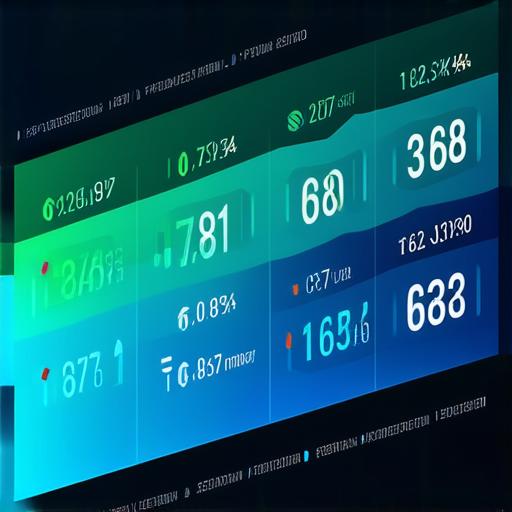In recent years, both cryptocurrency and forex trading have gained immense popularity among investors looking for a high return on their investment. However, the question arises – which is the better option? While both options have their own set of advantages, in this article, we will explore the differences between these two types of investments, and help you decide which one is right for you.

Before we dive into the comparison, let us first understand what cryptocurrency and forex trading are:
Cryptocurrency:
Cryptocurrency is a digital or virtual currency that uses encryption techniques to secure its transactions and to control the creation of new units. The most well-known cryptocurrency is Bitcoin, but there are many others such as Ethereum, Litecoin, etc. Cryptocurrencies are decentralized and operate on a blockchain network, which is a distributed database that records all transactions across a network of computers.
Forex Trading:
Forex trading, also known as foreign exchange trading, involves the buying and selling of currencies in the global market. In this type of trading, investors buy one currency with another, expecting to make a profit when the value of the bought currency rises against the sold currency. For example, if you buy 1 US dollar for 0.80 euros, you can sell it later at 1.20 euros per US dollar, making a profit of 40 cents.
Now that we have a basic understanding of both cryptocurrency and forex trading, let us explore the differences between them:
1. Market Dynamics
One of the significant differences between cryptocurrency and forex trading is the market dynamics. The cryptocurrency market is highly volatile, with sudden price fluctuations due to news or events affecting the supply and demand of the coin. On the other hand, the forex market is more stable, with a slower rate of change in currency values due to political, economic, and social factors.
2. Risk Factors
Another important factor to consider when choosing between cryptocurrency and forex trading is risk. Cryptocurrency trading carries a higher level of risk due to the volatility of the market and the lack of regulation. Forex trading also involves risk, but it is considered less volatile than cryptocurrency trading.
3. Liquidity
Liquidity refers to the ease with which you can buy and sell assets in the market. Cryptocurrencies have lower liquidity compared to traditional currencies like USD or EUR. Forex has higher liquidity, making it easier for investors to enter and exit trades quickly.
4. Regulation
Regulation is an important factor when choosing between cryptocurrency and forex trading. Cryptocurrency trading is largely unregulated, with limited government intervention. In contrast, the forex market is heavily regulated, with strict rules governing the buying and selling of currencies.
5. Returns
Finally, returns are an essential factor to consider when choosing between cryptocurrency and forex trading. Cryptocurrencies have the potential for high returns, especially in the short term. However, these returns can also be highly volatile, making it difficult to predict long-term profitability. Forex trading has lower returns compared to cryptocurrency trading, but it is considered more stable over the long term.
6. Summary:
In conclusion, choosing between cryptocurrency and forex trading depends on individual preferences and investment goals. Cryptocurrency trading offers higher returns but also carries a higher level of risk, while forex trading is more stable and less volatile. Both options have their own set of advantages and disadvantages, and investors should carefully consider these factors before making a decision.
7. FAQs:
Q: What is the difference between cryptocurrency and forex trading?
A: Cryptocurrency trading involves buying and selling digital or virtual currencies, while forex trading involves the buying and selling of currencies in the global market.
Q: Which one is better for beginners – cryptocurrency or forex trading?
A: Forex trading may be a better option for beginners due to its lower volatility compared to cryptocurrency trading, and the availability of more resources and guidance for new traders.
Q: Is cryptocurrency trading regulated?
A: Cryptocurrency trading is largely unregulated, with limited government intervention. However, some countries have started to regulate the cryptocurrency market to protect investors.
Q: What are the risks associated with forex trading?
A: Forex trading carries the risk of currency fluctuations, which can affect the value of investments. In addition, there is a risk of fraud and scams in the forex market.



